Insights
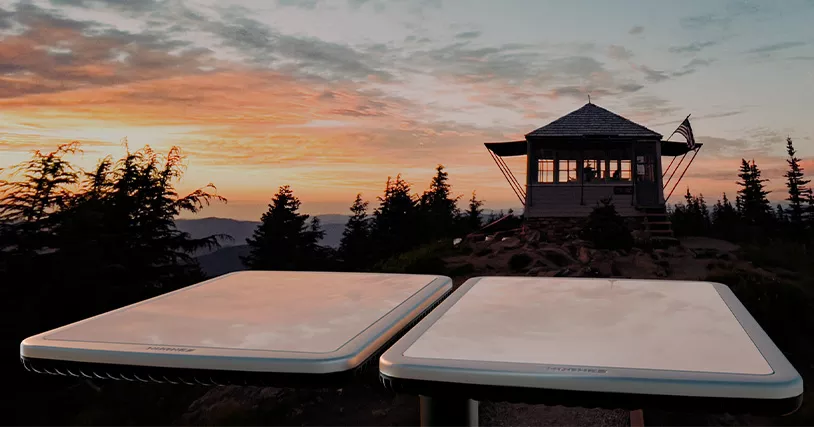

Cybersecurity is top of mind for all businesses with a digital presence. Whether it’s phishing emails, malware, viruses, deepfakes, or poor...
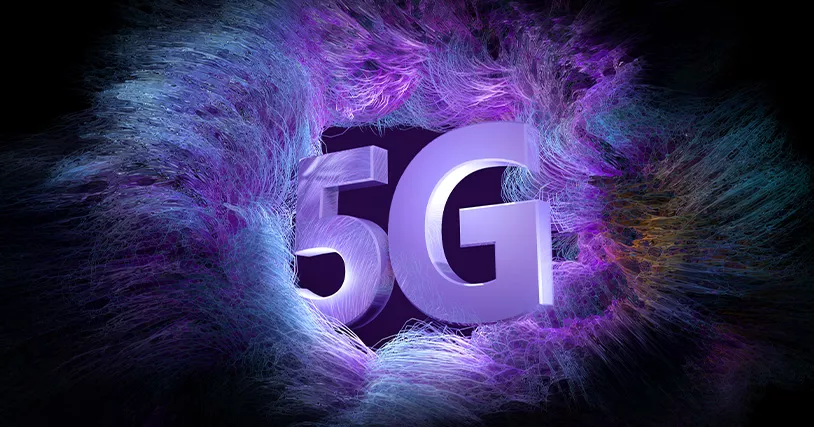
The DoD continues to make strong progress implementing its 5G experiments. Users are testing the standalone 5G networks, leveraging greater...

For over 40 years, SATELLITE Conference and Exhibition has been one of the largest gatherings of the satellite and space industries. Each spring...

Wireless broadband empowers businesses with easy-to-install, always-on connectivity that ensures they can confidently run their businesses with...
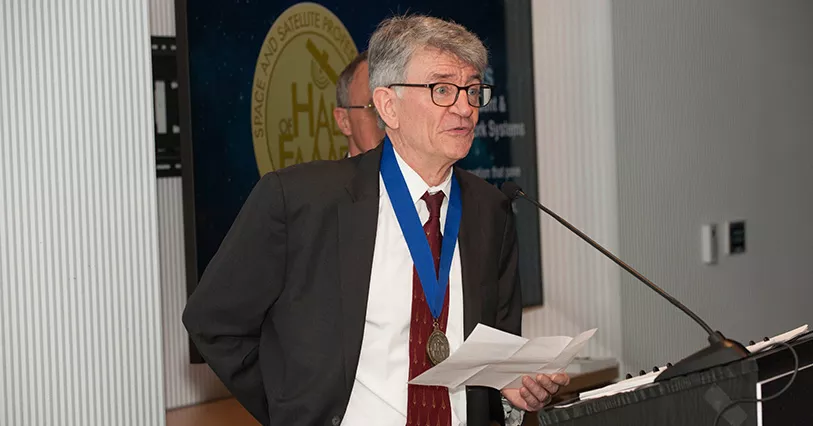
Space & Satellite Professionals International (SSPI) recently inducted Adrian Morris, Executive Vice President and Chief Technology Officer, into...

In today’s digital era, we expect that both online and in-person experiences will be seamlessly linked. Whether you’re an employee in a workplace...

The Restaurant Technology Network (RTN) recently announced Tim Tang, director enterprise solutions, as one of five inaugural winners of the...

My takeaways from moderating roundtable discussions at the 2024 IFA Annual Convention in Phoenix. At this year’s International Franchise...
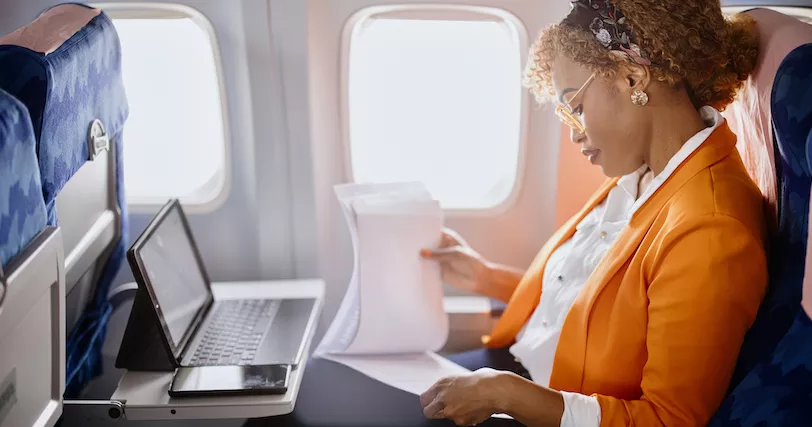
In today’s digital world, airlines must compete for customers by offering superior amenities and the most desired travel experience—which...

Enterprise businesses require reliable, secure communications that work anywhere and under any conditions to keep customers happy and employees...
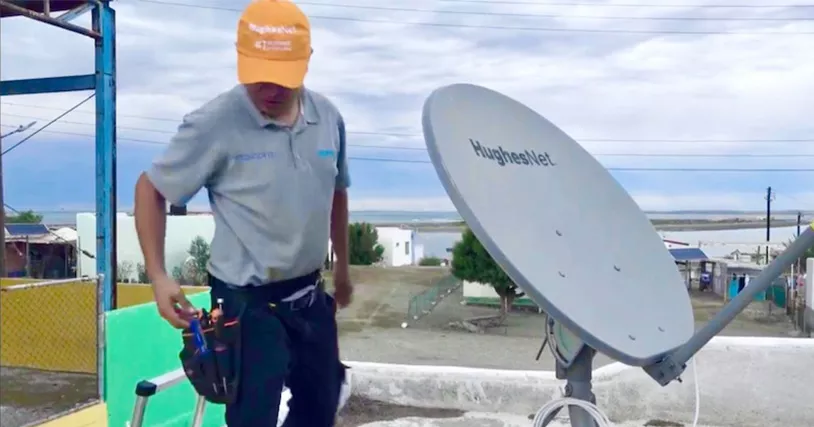
Located in Baja California Sur, Isla Santa Margarita became the 76th Smart Village in a program by the Ministry of Infrastructure, Communications...

CISOs, CIOs, and CTOs are under increasing pressure to adopt innovative approaches in securing their organizations from cyber risks, and...